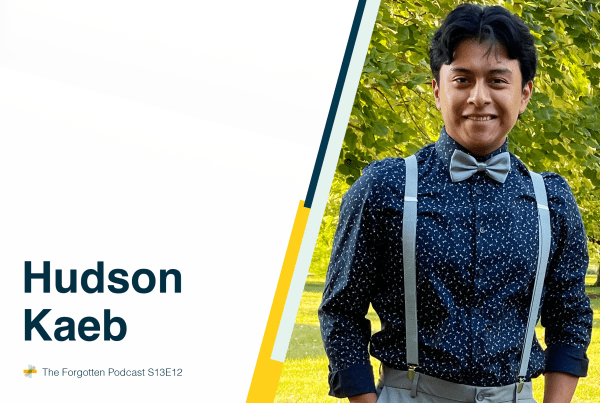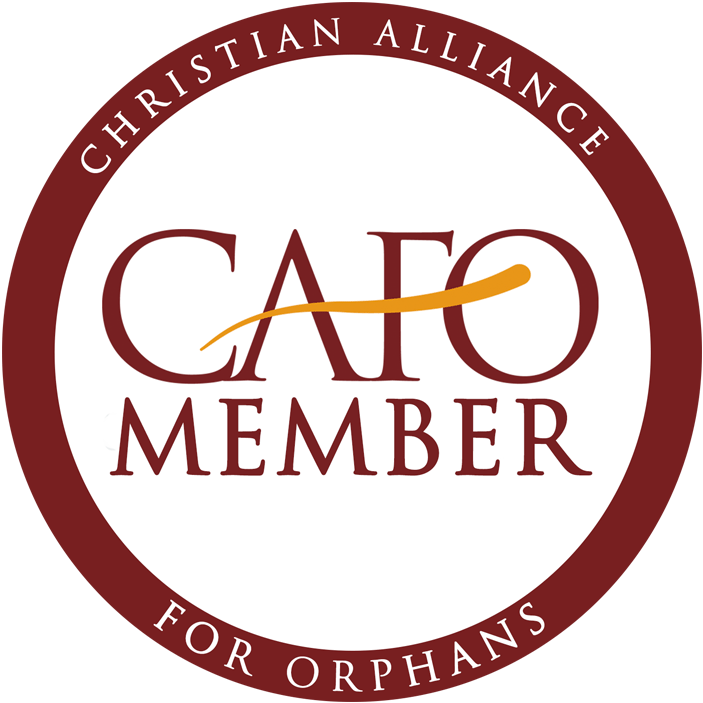
HERE ARE MY 3 TAKEAWAYS FROM OUR CONVERSATION:
1. “And” is a powerful word as we help our children process their emotions.
Cam beautifully modeled how we can give voice to all of the emotions swirling inside of us and in our kids. I’m glad you adopted me, and I wish I lived with my parents. I’m thankful I was adopted, and I have these other questions. Love and loss go together in this space of foster care and adoption. We, as parents, have to create space for our children to express all of their emotions—whether they are pleasant or hard. We have to be willing to allow our children to share the pain so that we can process that pain together. Our children are grappling with real questions, trying to make sense of it all. Allow them to use AND instead of BUT. In doing so, you have the opportunity to validate all of their emotions.
“We’re pushed to either you’re happy or sad. It can’t be both, buddy—gotta choose one. It’s complicated grief. There is more than one feeling happening together.”
2. It’s not a question of if we should tell our children their story but how.
It can be confusing for children to know how to make sense of their stories. Not only do adoptees often have loss in terms of connections, but also there can be loss of continuity. They may know only bits and pieces of the whole story. Not being able to connect all of the dots can leave them feeling uncertain. As parents, we can help give language to that—something Cam wished he would have had. Helping our children tell their story isn’t a one and done type of a conversation, nor a one-time milestone event. It should be an ongoing conversation. Listen when they bring it up, and allow them to share without immediate correction if something isn’t said quite right. Be sensitive to crafting the narrative. Shape it in a way that doesn’t elevate one person over another. Particularly as you speak regarding birth parents, use strengths-based language, and be okay with saying “I don’t know” when there are parts of the story that are just unknown, but then sit with them in that grief of not knowing.
“We can tell them their story from day one, and it’s up to parents to decide how they are going to say that in a way that honors and edifies the truth but also makes it accessible for the child.”
3. As you help shape the narrative of your child’s story, allow others into that process as well.
Particularly for those of us who are raising children who don’t have the same skin tone, ethnicity, or culture as us, we have to allow for greater conversation about these differences. Cam pointed to the Center for Adoption Support and Connection’s resource, W.I.S.E. Up!, to help our children navigate what to do when questions from others are raised. Walk with and coach your children on their options. You don’t have to spill all of your story anytime someone asks. Cam shared it’s also important to bring our children to spaces and people who have the same kinds of questions that they do. They, too, can be coaches. There is collective unity with people who are navigating similar experiences. In visiting a church with Korean believers, Cam finally saw himself reflected in a place where previously he felt little connection. Having that extra voice from someone who understands is powerful.
“Be a family that’s open in general to being interested in people that are different than you.”
RESOURCES FROM TODAY’S SHOW
MORE RESOURCES FOR YOU

Meet Our Guest
Get encouragement and updates in your inbox.
Be the first to know about new episodes, posts, resources, and stay in the loop about what’s coming up.
Other Episodes You Might Enjoy:









